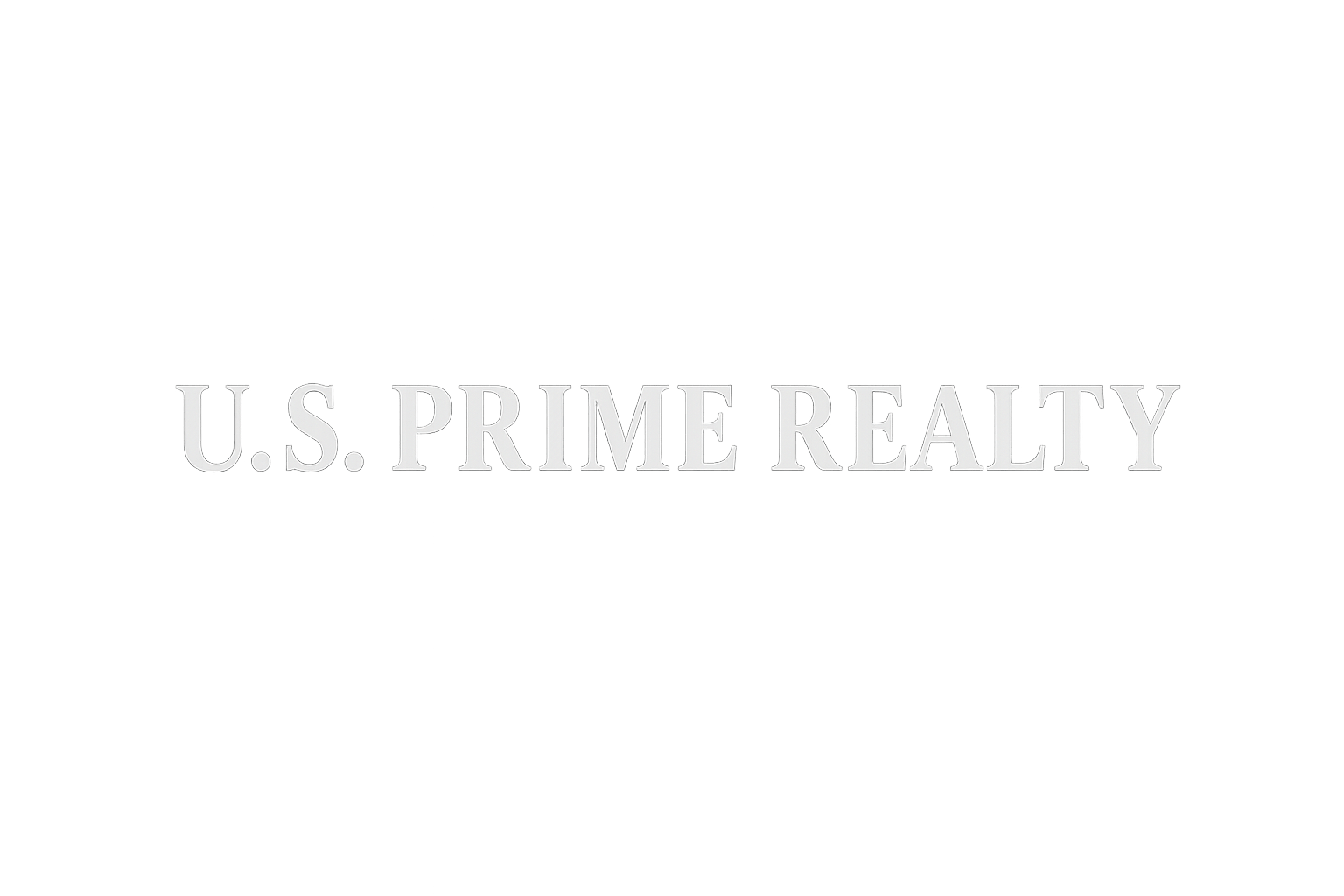Miami: The International Gateway
Miami’s real estate market operates as an international gateway, requiring marketing strategies that appeal to global audiences while serving local residents. The city’s distinct neighborhoods each attract different buyer demographics, from the luxury high-rises of Brickell and Miami Beach to the family-friendly communities of Coral Gables and Pinecrest.
Luxury marketing in Miami must emphasize exclusivity, world-class amenities, and investment potential. High-net-worth buyers expect white-glove service, privacy protection, and access to exclusive property listings. The international nature of Miami’s market requires year-round multilingual marketing presence, with particular emphasis on Spanish, Portuguese, and French communications.
Tampa and Orlando: Growth Market Dynamics
Tampa and Orlando represent some of Florida’s fastest-growing real estate markets, driven by job creation, population growth, and relative affordability compared to South Florida’s coastal markets. These areas attract young professionals, growing families, and investors seeking appreciation potential in emerging markets.
Marketing strategies in these markets should emphasize growth potential, job opportunities, entertainment options, and quality of life advantages. First-time homebuyer programs, down payment assistance options, and favorable financing terms become important marketing messages in these markets.
Naples and Cape Coral: Retirement Haven Marketing
Naples and Cape Coral have established themselves as premier retirement destinations, requiring marketing strategies that emphasize lifestyle, healthcare access, and community connections. These markets attract buyers seeking maintenance-free living, recreational amenities, and established social networks.
Marketing to retirees requires understanding their decision-making process, which often involves adult children and extended family members. Community amenities such as golf courses, country clubs, cultural centers, and healthcare facilities become primary selling points.

